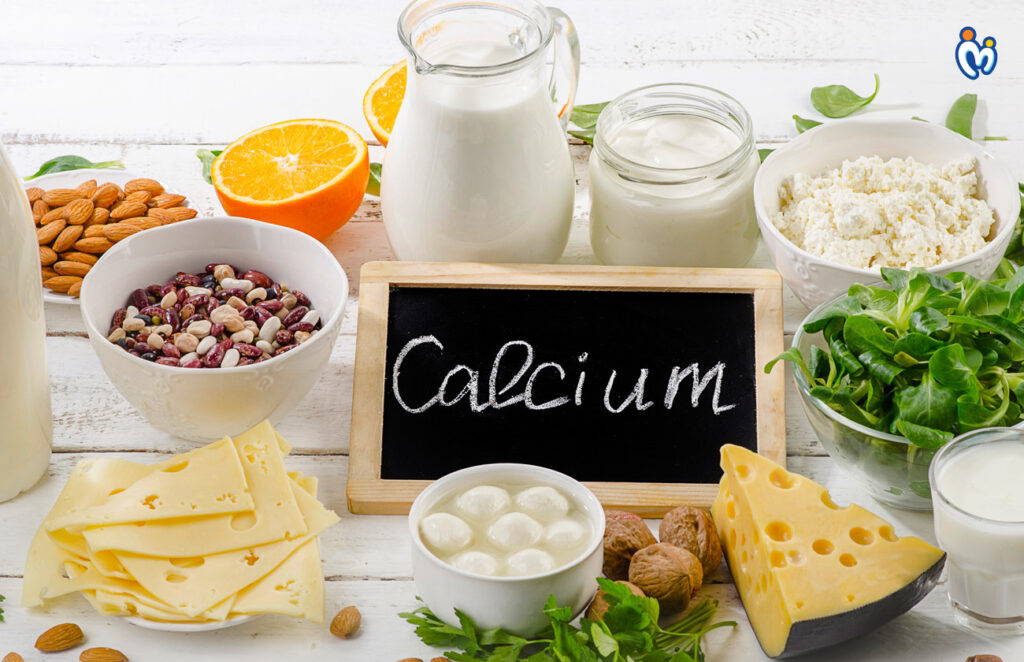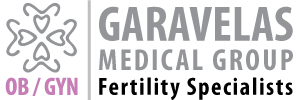Did you know that the amount of calcium you eat throughout your pregnancy has a direct effect on the health of your growing baby? A calcium deficiency can also put your own health at risk during your pregnancy.
Consuming the proper amount of calcium helps pregnant women lower their risk of pre-eclampsia. According to Singapore’s Health Xchange, pre-eclampsia is one of the main causes of premature delivery and maternal and fetal death in Singapore. This dangerous condition can lead to eclampsia, which causes stillbirth, seizures, and fetal growth restriction that women who consume less than 1g of calcium in their diet each day take a 1g calcium supplement on a daily basis.

Women who already have risk factors for developing pre-eclampsia need to monitor their calcium intake even more carefully. The Health Xchange lists these risk factors for pre-eclampsia: age, obesity, family history, multiple pregnancies, multiple children, new paternity gestational diabetes and long birth intervals. Certain pre-existing conditions like diabetes, high blood pressure, kidney disease and connective tissue disease can also increase a pregnant mother’s risk of developing pre-eclampsia.
The proper amount of calcium is vital to pregnant mothers and growing babies apart from pre-eclampsia. The March of Dimes points out that calcium is required for strong bones and teeth. When there is a calcium deficiency, the body pulls calcium from the bones of the mother and gives it to the developing baby. This greatly increases the mother’s risk for developing osteoporosis. Osteoporosis is a thinning of the bone, which leads to brittle bones that are easily broken.
The best way to consume calcium during your pregnancy is to eat dairy foods. Foods such as milk, cheese, yoghurt, and ice cream are rich in calcium. The Cleveland Clinic suggests that mothers who are lactose intolerant try drinking milk with meals or eating cheese, yoghurt, and cottage cheese.
These dairy products are lower in sugar and can be tolerated by some people with lactose intolerance. For women who cannot tolerate dairy in any form, the Cleveland Clinic recommends eating certain non-dairy foods, taking calcium supplements, or adding calcium-fortified, non-dairy milk products to their diet.
Many of the staple foods and popular dishes of Singapore are low in calcium. This leads to a high occurrence of pre-eclampsia and its dangerous consequences amongst pregnant Singaporean women. For a healthy and safe pregnancy, these women must closely monitor their calcium intake and take calcium supplements, as needed, to meet the recommended amount of calcium per day.
